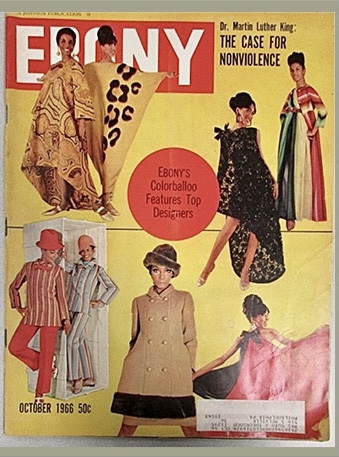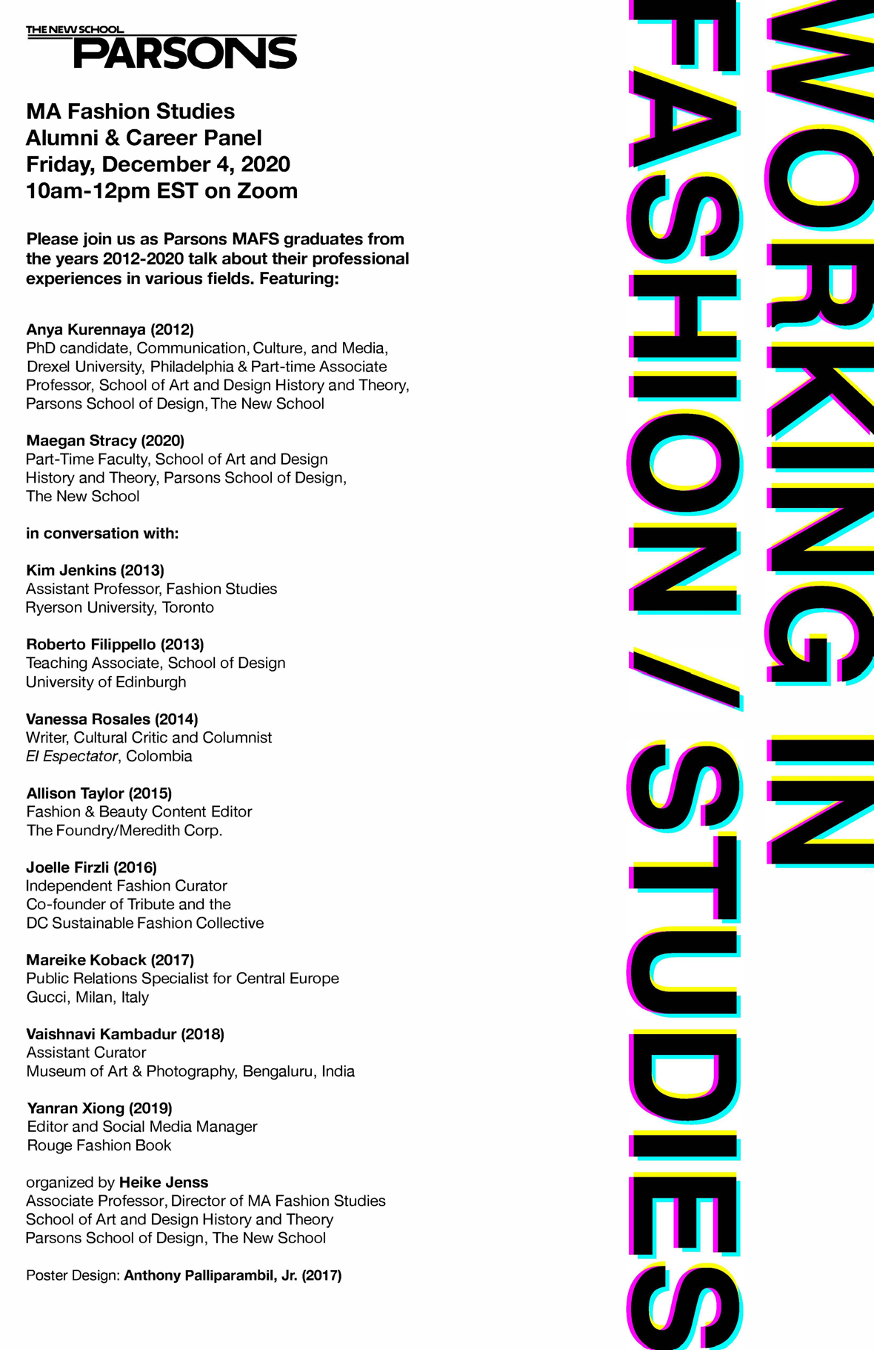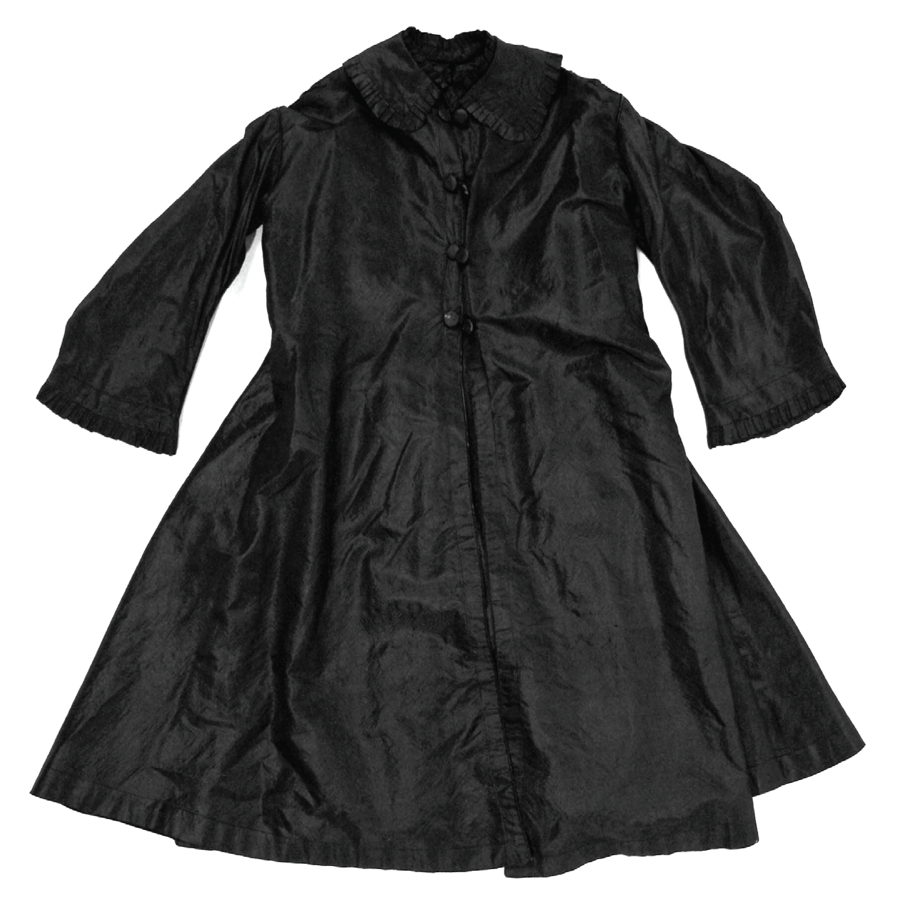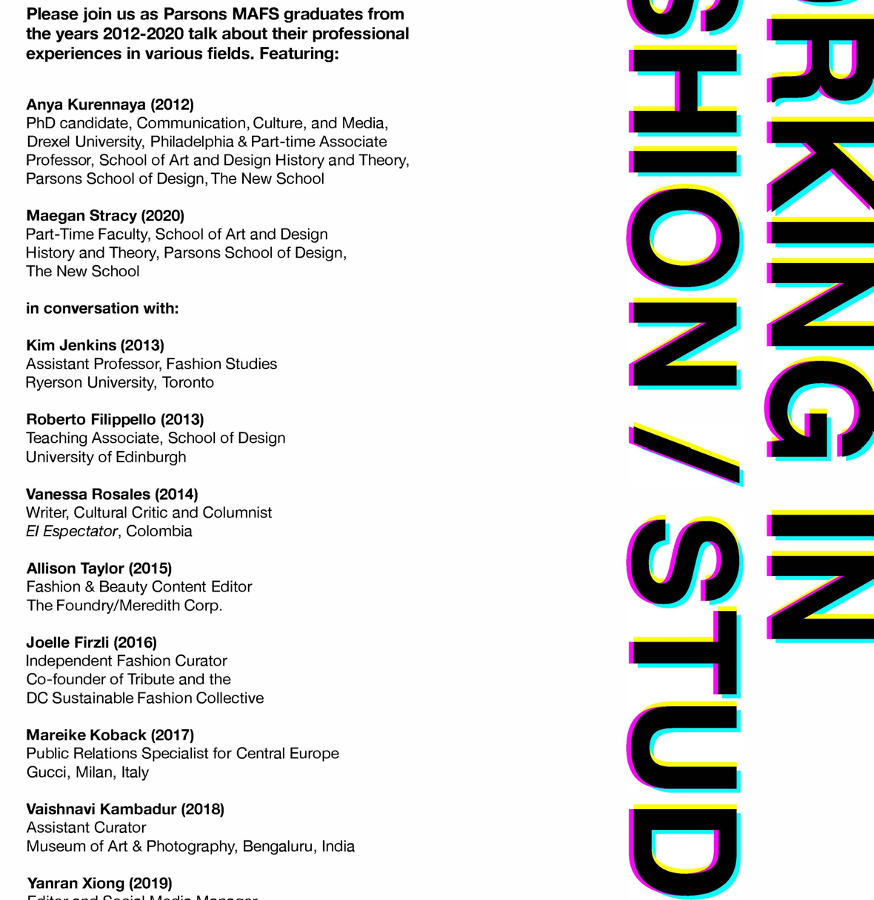![]()
Listen to the conversation HERE
Transcript Below
SCOTT SIMON, HOST:
J.C. Penney, a mainstay of the suburban mall, has filed for bankruptcy. The retailer began the year with hopes of yet another turnaround. Instead, coronavirus shutdowns across the country tipped the struggling department store over the brink. NPR’s Alina Selyukh reports.
ALINA SELYUKH, BYLINE: In its history spanning over a century, J.C. Penney went from a Wyoming-based dry goods store to a key pillar of the American mall. Promising fashion and housewares on a budget, J.C. Penney was once described by a New York Times critic as the perennially square department store. It has been caught in a years-long cycle of financial losses, ever searching for an identity and a popularity boost.
CHRISTINA MOON: J.C. Penney is that kind of quintessential suburban, aspirational middle-class department store.
SELYUKH: Christina Moon is a fashion studies professor at the Parsons School of Design.
MOON: It’s like the pre-Ikea. You go in with your family. You spend a Saturday. They wander off. You’re imagining this kind of middle-class life this store can bring you. J.C. Penney definitely had that moment.
SELYUKH: Founded by a man with an unlikely name of James Cash Penney, J.C. Penney has lived through many cycles of headlines about its looming demise and promises of a revival. Its biggest one in the 2010s taught one of retail’s biggest cautionary tales, when J.C. Penney hired a new CEO with huge fanfare. Ron Johnson was going to make J.C. Penney hip. He came from Apple, where he was the retail chief. Part of his plan involved abolishing sales and discounts, arguing they were confusing, a pain, leading to this cringeworthy commercial featuring shoppers screaming over coupons.
(SOUNDBITE OF ARCHIVED RECORDING)
UNIDENTIFIED ACTOR #1: (As character, screaming).
UNIDENTIFIED ACTOR #2: (As character) No. No.
SELYUKH: That botched transformation cost J.C. Penney nearly a billion dollars.
TASHA LEWIS: And it alienated the longtime customers that they were never able to really get back.
SELYUKH: Tasha Lewis teaches fashion design management at Cornell University. The company’s share price kept falling. And, eventually, the venerable J.C. Penney became a penny stock, shares worth little to nothing.
LEWIS: It was too much too fast. And I think that sent the customer in a different direction. It’s sort of been on a trajectory of trying to figure out its identity. But it sort of seems to be a combination of starts and stops.
SELYUKH: A round-robin of executives changing focus – appliances for a while, now fashion and makeup – falling popularity of malls overall, debt, store closures, then, during the coronavirus lockdowns, a record wipeout of retail sales that devastated clothing and department stores. Now J.C. Penney is the biggest retailer yet following J. Crew and Neiman Marcus into bankruptcy during the pandemic.
Moon points out J.C. Penney’s historic rival Sears declared bankruptcy two years ago.
MOON: I’m really, to be frank and honest, very shocked that it’s actually held on for this long.
SELYUKH: J.C. Penney now says it hopes the bankruptcy will let it hold on for decades to come. The company does plan to permanently close some of its stores, quote, “in phases.” The timing and scale of these phases will be disclosed in the coming weeks.
Alina Selyukh, NPR News.
(SOUNDBITE OF MUSIC)
Copyright © 2020 NPR. All rights reserved.


























